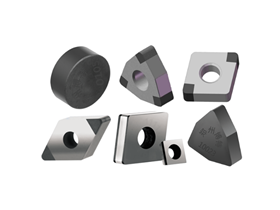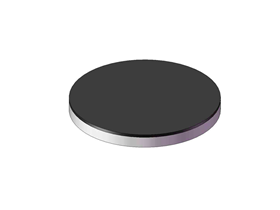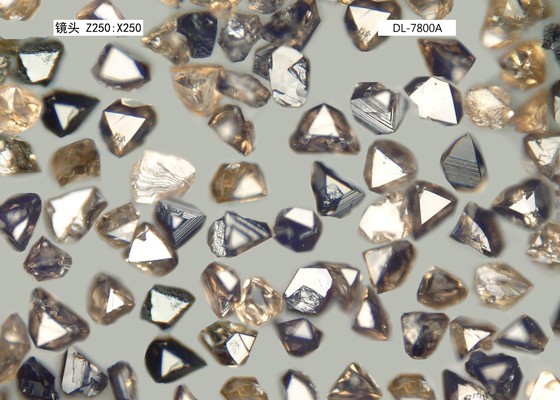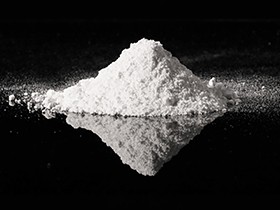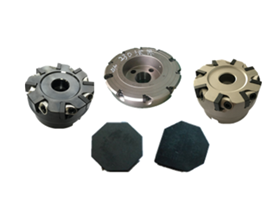PCBN (Polycrystalline Cubic Boron Nitride) inserts are ultra-hard cutting tools synthesized from cubic boron nitride (CBN) micro-powder and binders under ultra-high temperature and pressure. They are primarily used for machining difficult-to-machine materials such as cast iron and hardened steel.
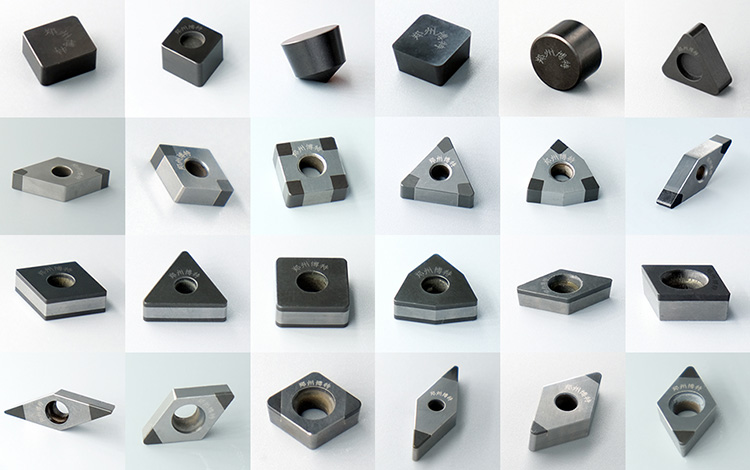
PCBN inserts possess extremely high hardness, good red hardness, oxidation resistance, and fracture toughness, making them ideal tools for cutting ferrous metals.
1、High hardness, wear resistance, and impact toughness. PCBN has a hardness far exceeding that of ceramics and cemented carbide, along with very high wear resistance. Therefore, it can machine metallic materials that ceramic and cemented carbide tools cannot process.
2、High thermal stability. PCBN exhibits good thermal stability at temperatures as high as 1200°C. Moreover, its hardness at 800°C is still higher than that of cemented carbide and ceramic materials at room temperature. Consequently, PCBN tools can be used for high-speed turning at cutting speeds 3~5 times higher than those used with cemented carbide tools.
3、Extremely high chemical stability. PCBN does not undergo chemical reactions with ferrous materials even at 1200~1300°C. Its bonding and diffusion effects on various materials are much lower than those of cemented carbide. Therefore, PCBN tools are particularly suitable for machining steel and iron materials. It also does not oxidize at 1000°C, making it suitable for cutting quenched steel parts and cast iron components.
4、Good thermal conductivity. Among various tool materials, the thermal conductivity coefficient of PCBN is second only to PCD (Polycrystalline Diamond). It is 3~6 times that of cemented carbide and 10~20 times that of alumina ceramics. Furthermore, the thermal conductivity coefficient of PCBN increases with rising temperature.
5、Low coefficient of friction. The coefficient of friction between PCBN and different materials is 0.1~0.3, compared to 0.4~0.6 for cemented carbide. As the cutting temperature increases, its coefficient of friction decreases further. This characteristic reduces friction between the insert and the chip during cutting, minimizes cutting deformation, lowers cutting forces, and improves the quality of the machined surface.
